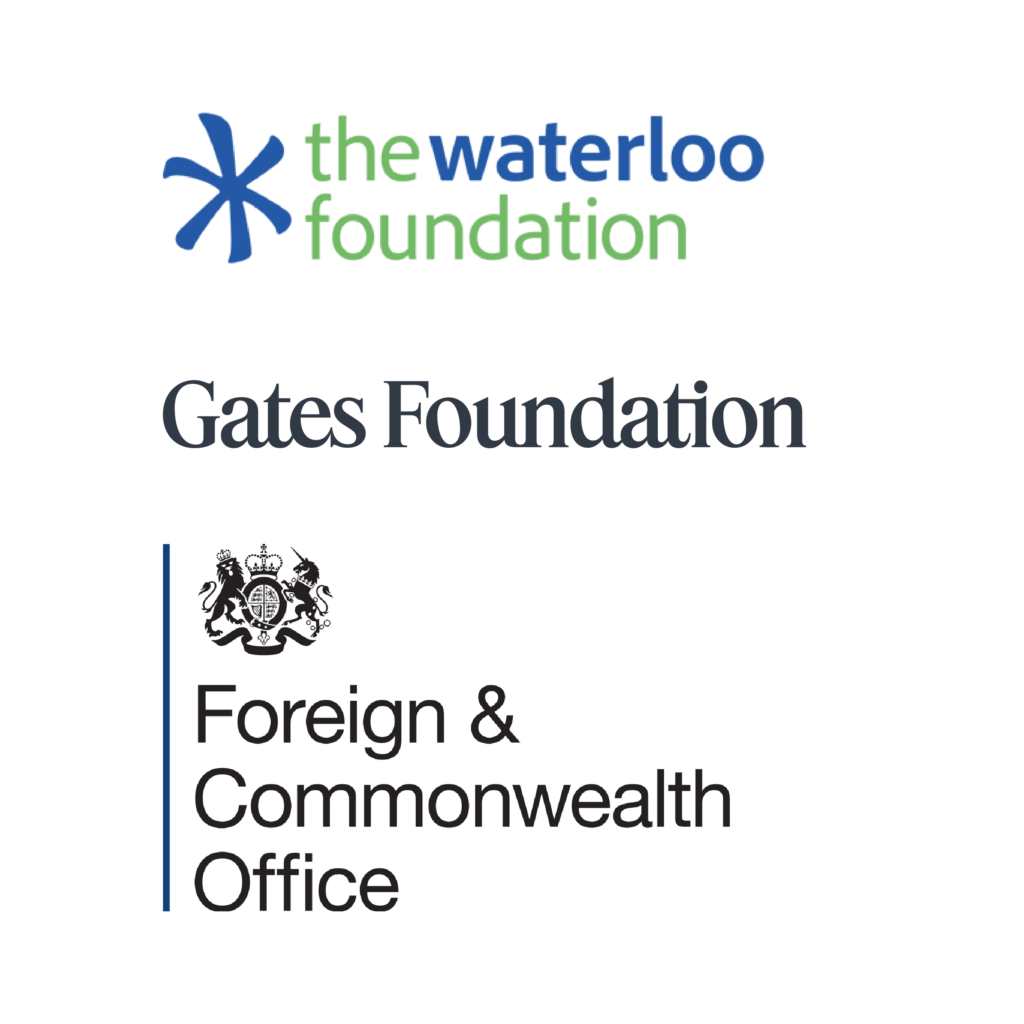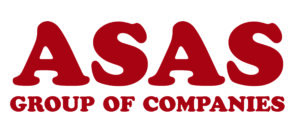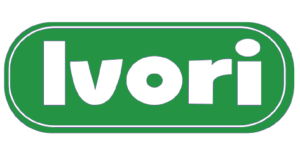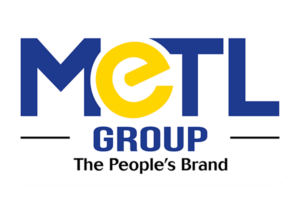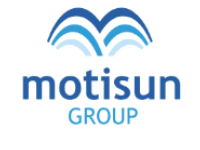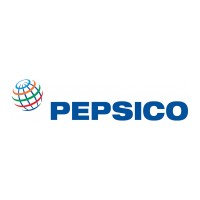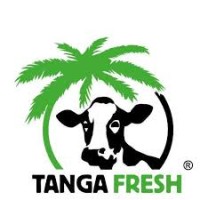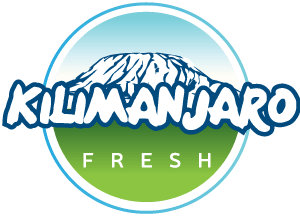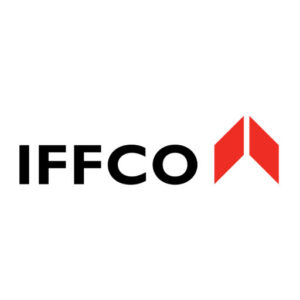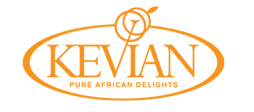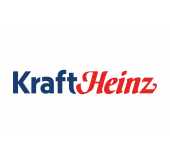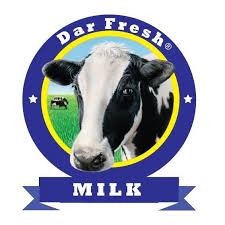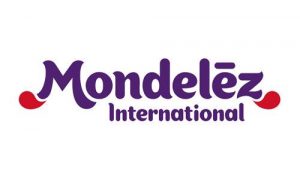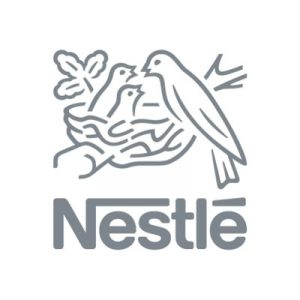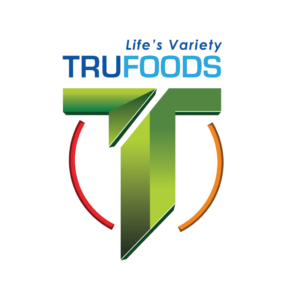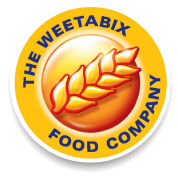
Tanzania Market Assessment 2025
The first independent assessment of the healthiness of the product portfolios of 21 major food and beverage (F&B) companies in Tanzania.
While fresh and minimally processed staple foods remain central to Tanzanian diets, the consumption of packaged and processed products—often high in fats, salt, and sugar—is rising quickly. This shift is contributing to a rising burden of overweight and obesity, particularly among women, while undernutrition and limited access to healthy diets persist. Despite progress in reducing stunting and anaemia, 75% of Tanzanians could not afford a healthy diet in 2022.
Addressing these challenges requires coordinated strategies to improve access to nutritious foods, promote healthier eating habits, and counter the effects of urbanization and globalization on diets.
To support national policy efforts, ATNi (Access to Nutrition initiative) conducted the first independent assessment of the healthiness of products sold by 21 major food and beverage (F&B) companies in Tanzania—together estimated to represent 48% of the formal packaged F&B market. A total of 483 products were analysed using three nutrient profiling models (NPMs): the Health Star Rating (HSR), a modified HSR that includes micronutrients (mHSR+), and the WHO Africa Regional Office (AFRO) model, which assesses whether products are suitable for marketing to children.
ATNi also assessed the nutrition-related policies and practices of 10 of the largest F&B companies in Tanzania—including 7 national headquartered and 3 global headquartered firms—to better understand their influence on food environments and healthy food choices.
Company Performance
This interactive dashboard displays each company’s performance by category, presenting product profile results at both the portfolio level and for specific product categories, as well as results for thematic areas from the corporate profile assessment. Use the controls in the bottom right corner to zoom in.
Key Findings
While nutrition and health is gaining priority among the 10 largest F&B companies- 3 global headquartered and 7 Tanzania headquartered, global headquartered companies should improve transparency on how their commitments are applied in Tanzania, while Tanzanian headquartered companies can further align with global standards.
Product Healthiness
Product Healthiness
The overall healthiness of the 21 Tanzanian companies’ portfolios is low, with only 25% of products meeting the ‘healthy’ threshold under the Health Star Rating (HSR) system (3.5 stars out of 5)—rising to 37% when weighted by sales. Including micronutrients (mHSR+) improved these figures by 5%. Read more here.
Portfolio Improvement
No companies disclosed reformulation targets for the Tanzanian market. Tanga, a Tanzanian company, referenced a strategy to reduce sodium, fat, and sugar but did not report on its implementation. PepsiCo was the only company found to have global reformulation targets, though it did not share any Tanzania-specific performance data.
Reporting on Healthiness
Motisun and MeTL noted that nutrition profiling models (NPMs) are not widely used in Tanzania’s F&B sector. Only PepsiCo reported using an NPM for reformulation in some markets, but it does not disclose portfolio healthiness globally or in Tanzania.
Micronutrients and Fortification
Seven companies were found to fortify at least one product, with 106 out of 743 products classified as fortified—87 of them voluntarily. Of the 40 products with full nutrient data, 68% met the HSR ‘healthy’ threshold, while 28% scored just 1.5 stars, mostly in categories like breakfast cereals, juices, energy drinks, and sweet snacks.
Influencing Consumers
Responsible Labelling
Back-of-pack labelling is mandatory in Tanzania and thus excluded from this review, and no front-of-pack label has been government-endorsed. None of the companies commit to restricting health or nutrition claims to only products meeting specific nutrition criteria (e.g. a cut-off above a certain threshold for an NPM).
Responsible Marketing
Three globally headquartered companies—Coca-Cola, Wilmar, and PepsiCo—have global commitments on responsible marketing to children but do not report on their implementation in Tanzania. Other companies have not published such commitments. Aligning with WHO and UNICEF standards is essential to ensure marketing targets only healthy products and that child’s rights are protected.
Affordability
Three Tanzanian-headquartered companies (Darsh, MeTL, Bakhresa) mention product affordability on their websites, but do not define its measurement, or commit to improving affordability of healthy products. Globally headquartered companies Wilmar and PepsiCo aim to improve affordability of healthy products but do not report on progress in Tanzania.
Corporate Governance
Corporate Nutrition Governance
Four Tanzanian headquartered companies (Asas, Bakhresa, Darsh, and Tanga) shared how they integrate health and nutrition into their operations, focusing on fortification and affordability. Among globally headquartered companies only Coca-Cola demonstrated implementation of its global nutrition strategy in Tanzania.
Workforce
Coca-Cola and PepsiCo have global workforce nutrition policies, but it’s unclear if these extend to their operations or partners in Tanzania. No Tanzania-headquartered company has formal employee nutrition programme beyond statutory parental leave.
Recommendations
Manufacturers
Assess Product Healthiness, Marketing to Children, and Affordability
- Assessing which products qualify as ‘healthier’, and for global-headquartered companies to evaluate whether they are making healthier products equally available across all regions.
- Ensuring that ‘less healthy’ products are not marketed to children, using the World Health Organization’s Africa Regional Office (WHO AFRO) standards.
- Measuring the affordability and accessibility of ‘healthier’ options—especially for low-income groups.
Set Clear Targets for Healthier, Affordable Products and Responsible Marketing
- Increase sales of healthier and affordable foods and assign CEO accountability for nutrition, or Board reviews.
- Improve availability of fortified products that meet health standards and are affordable across all income groups (cont.).
- Fully align marketing practices with WHO and UNICEF standards—defining children as under 18 and restricting or limiting child-directed marketing to only healthy products through all media channels.
Disclose Nutrition Policies, Progress, and Quality Controls
- Publicly reporting on each aspect of their nutrition policies, including, for example, sales of healthier products and responsible marketing and labelling commitments.
- Clearly disclosing fortification policies and verifying that fortified products meet health standards through robust quality control.
- Ensuring back-of-pack nutrition labelling includes standardized micronutrient content.
Policymakers
Strengthen regional cooperation by supporting the development of East African nutrition standards to accelerate progress on healthier diets and reduce diet-related diseases.
Implement the Tanzanian National Multisectoral Nutrition Action Plan II policy actions, prioritizing:
- Development of a nationally accepted nutrition profiling model (NPM)
- Introduction of mandatory front-of-pack (FOP) nutrition labelling (cont.)
- Adoption of regulations to protect children from unhealthy food and beverage advertising
- Integration of workplace nutrition interventions into national health strategies
Implement the proposed Nutrition Promotion Levy on sugar-sweetened beverages (SSBs) without delay to reduce sugar intake, support public health.
Allocate revenue from health-related taxes (e.g., on SSBs and unhealthy foods) to fund national nutrition and health programmes.
Investors
Prioritise Investment in Companies that Demonstrate Improvements
- Support companies with transparent nutrition policies, responsible marketing, and workforce nutrition initiatives.
- Favour investees aligned with national and international standards (e.g. Codex Alimentarius, WHO/FAO).
- Invest in businesses offering healthier product portfolios that contribute to Tanzania’s public health goals.
Use Nutrition-Focused Evaluation Tools
- Apply tools like ATNi’s Investor Expectations on Nutrition, Diets, and Health to assess and guide company performance on nutrition.
Push for Global Standards in All Markets
- Encourage globally-headquartered companies to apply the same or better nutrition and health standards in Tanzania and other emerging markets as they do in mature markets.
Integrate Nutrition into Investor Reporting
- Embed nutrition considerations into reporting standards to strengthen accountability and influence.
Company Results Cards
Click on the tiles below for a detailed overview of individual companies' performance and key recommendations.
Corporate Profile + Product Profile
Product Profile Only
Category Chapters
Comprehensive report chapters by category are available below, and you can download each one by clicking on the icon.
Open file
Open file
Open file
Open file
Open file
Open file
Open file
Open file
Open file
Open file
Open file
Open file
Methodology
This methodology details the approach used to assess and evaluate company performance. This section outlines each step taken to ensure accurate, comprehensive, and transparent results.
Methodology Development
The Corporate Profile methodology is based on ATNi’s 2024 Global Index methodology, with significant adaptations to the Tanzanian context, reducing the number of indicators from 46 to 21. This process was informed by consultations with stakeholders and experts, insights from the Tanzania Food Environment Mapping Report, literature reviews, and guidance from public health bodies.
For the Product Profile, three nutrient profiling models (NPMs) were used to assess product healthiness: the Health Star Rating (HSR), the modified HSR with micronutrients (mHSR + micronutrients) developed by ATNi and The George Institute (TGI), and the WHO AFRO model for marketing to children.
Research Approach (Data collection)
For the Corporate Profile, companies were invited to submit responses and evidence through an online platform (Probench), which was then reviewed by ATNi researchers. Non-engaging companies were assessed based on publicly available information only. The assessment does not involve on-the-ground data collection or verification of company practices beyond what is provided or publicly available.
For the Product Profile, ATNi prepared product sheets using data from sources like Innova Market Insights, which companies were then requested to review and correct. Missing nutritional data was imputed using Food Composition Tables (like the Tanzania Food Composition Table), online retail supermarket data, and global online nutrition food databases.
Key Assessment Areas
The Corporate Profile assesses companies across themes such as:
- Product Healthiness (including portfolio improvement for macronutrients, food components, micronutrients, and fortification)
- Influencing Consumers (Affordable Nutrition, Responsible Marketing, Responsible Labelling)
- Corporate Governance (Nutrition Governance, Workforce Nutrition)
- The Product Profile focuses on the nutritional quality of packaged F&B products.
Limitations
The assessment acknowledges limitations such as:
- Using a single framework for diverse companies (globally headquartered vs. Tanzanian-headquartered)
- Reliance on company commitments and self-reported performance without independent on-the-ground verification.
- Potential for incomplete representation of non-engaging companies
- Exclusion of broader corporate issues like environmental sustainability or corporate tax abuse.
- Being the first edition, it serves as a baseline and cannot analyze improvement over time yet.
The methodology emphasizes the importance of transparency and accountability from F&B manufacturers in addressing the triple burden of malnutrition in Tanzania, which includes undernutrition, micronutrient deficiencies, and rising rates of overweight and obesity.
Read the full methodology here
Acknowledgements & Disclaimers
The Tanzania Report 2025 would not have been possible without the generous support of several donors, in particular the Waterloo Foundation, the Gates Foundation, and the Foreign, Commonwealth and Development Office.
The Tanzania Report 2025 was produced by many ATNi staff: Aurélie Reynier, Babs Ates, Bo-Jane Woods, Daniela Hernández Morales, Eaindra Aye, Elena Schmider, Freddie von Kaufmann, Greg Garrett, Gulden Timur, Hammed Jimoh, Irene Santoro, Katherine Pittore, Lucy Consenza, Mark Wijne, Patrick de Regt, Veronica Maxey, Will Sharp; and ATNi consultants: Elizabeth Dunford and Philip Eisenhart. The ATNi team drew on the expertise and advice of the ATNi Expert Group, including Obey Nkya and Tumaini Charles whose close engagement throughout the ATNi development process has been a source of invaluable guidance.
We would also like to acknowledge The George Institute for Global Health (TGI) for their input on the Product Profile assessment.
The views expressed in this report, however, do not necessarily reflect the views of the group’s members or their institutions.
